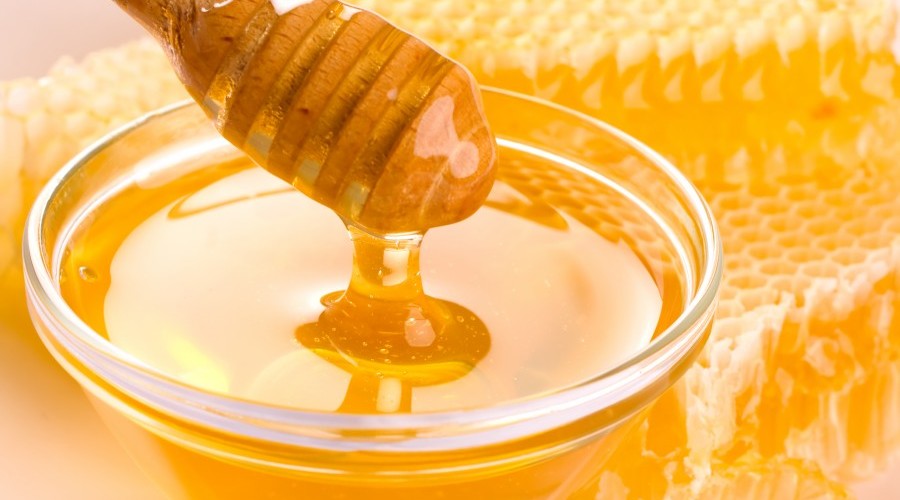Whether it is lemonade, tea, smoothie, milkshake, juice or sweetened water, the refined sugar is never the healthy choice. As the craving for sweet exists and must not be subdued, we can change the method of sweetening.
A lot of juice, made from fruits or vegetables are already sweet and sometimes it is even necessary to dilute them in order to cut their sweetness. You can do that adding a specific quantity of water – one third or a half, sparkling or still. Besides water, you can also try milk or various milk substitutes. Adding milk or water, the level of blood sugar will increase more slowly. Children should always drink diluted juice in order to reduce the impact on teeth.
If a smoothie or milkshake is not sweet enough, you can add sweeteners: brown sugar, molasses, flavoured, vanilla or fruit syrup, but the natural ones are always the healthiest choice.
Honey
There are various types of honey, having different tastes and textures, but it must not be given to children younger than 1 year because it could cause botulism, an intoxication that could be fatal.
Fructose
Instead of caster sugar (sucrose), you can use fructose (sweet organic substance, extracted from fruits). The fructose has a glycaemic index lower than sucrose, therefore it can be used by diabetics as well, but moderately. Fructose is sweeter than sugar, so you should add only a small quantity.
Blackstrap molasses
In the sugar refining process the juice obtained from sugar cane or beet is boiled until it becomes thick syrup of which sugar crystals are extracted. In total, there are three boiling processes from which the light, the dark and finally the blackstrap molasses are obtained, the latter being viscous, dark in colour and slightly bitter. It is an excellent source of iron, calcium and magnesium, but it must be used in moderate quantities.
FOS (fructooligosaccharides)
FOS are natural fibres that can be found in bananas, artichokes, tomatoes, onions and many other fruits and vegetables. It looks just like the sugar and are almost as sweet, but they have no effect on the level of blood sugar. Moderately used, they are beneficial in case of problems with the digestive tract because they favour the growth of beneficial bacteria, but in excess they produce intestinal gas.






